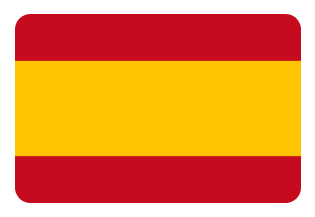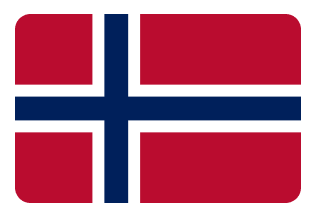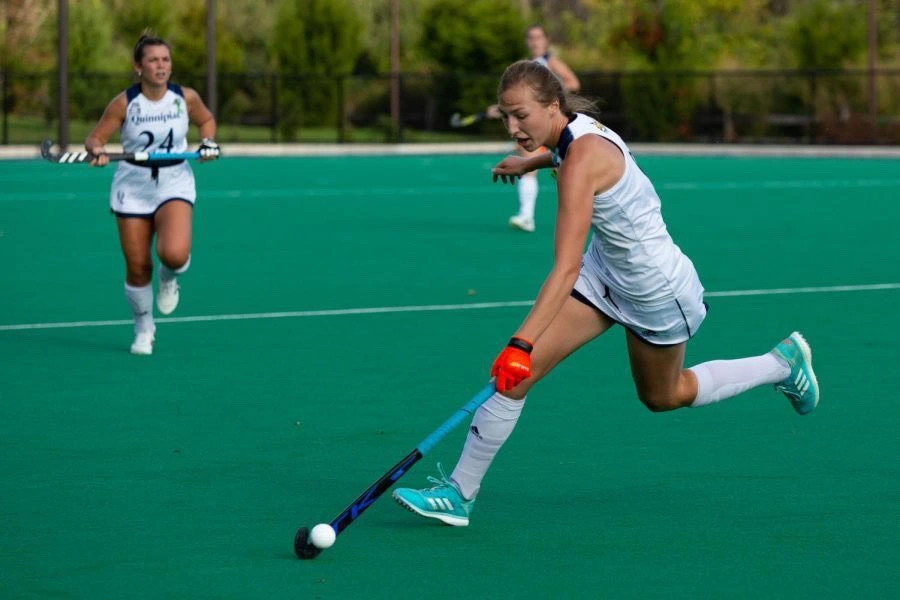
The Journey of a College Field Hockey Player
Interview with Former Field Hockey Player Stella Tegtmeier
In August 2021, Stella Tegtmeier from Germany decided to move to the United States to continue her studies and play college field hockey. She got a field hockey scholarship at Quinnipiac University in Hamden, Connecticut, where she completed a bachelor’s degree in international business in May 2023 and a Master of Business Administration (MBA) in May 2024.
Stella also left an impressive mark on the field hockey programme. In three seasons with the Bobcats, Stella received two All-BIG EAST First Team and NFHCA Division I All-Mideast Region First Team honours. In the 2023 season, Stella was named the BIG EAST Midfielder of the Year, becoming the first Bobcat student-athlete to earn a BIG EAST major award.
Learn about Stella’s recruitment process, her life as a student-athlete, and her future plans.
Q: Why did you choose to go to the USA and continue your studies there?
Stella: I wanted to experience university life and combine a high level of field hockey with excellent studies. The U.S. offers a better way to combine athletics with academics.
Q: How did you get recruited for college field hockey?
Stella: I was working together with an agency called ‘Sports-Scholarship’, which is now part of Keystone Sports. We created an online profile together, which consists of some personal, academic, and athletic info, as well as my highlight video. The university coaches had access to it and contacted me if they were interested. I spoke to a few coaches and looked at which university would be the best fit for me academically and athletically.
Q: Do you have any tips for athletes going through the recruitment process?
Stella: It is important to be open-minded when looking at different universities and speaking to coaches. It is also important to stay in contact with coaches and schedule multiple Zoom calls to get to know them better and show them that you are interested. You should not hesitate to ask questions and try to get in contact with current players on that team. Starting the process early is always helpful as well.
Q: You decided to join the Bobcats. What made you choose Quinnipiac University, and what do you like most about the school?
Stella: Quinnipiac has an excellent School of Business, which was a very important factor for me. It also has a great field hockey programme in the BIG EAST conference, the coaches are amazing, and they have one of the best facilities for field hockey in the USA. Additionally, I like the location of the university because it is two hours away from New York City and Boston, and 15 minutes from New Haven.
Q: What are the advantages of being a student-athlete?
Stella: One big advantage is the status of being a student-athlete. Other students and professors can see that you are an athlete and are very supportive because you represent the university. Also, the resources you have as an athlete are amazing. Next to athletic resources like coaches, athletic trainers, strength and conditioning coaches, you also have an academic advisor who signs you up for classes, makes sure that you do well in school, schedules tutor sessions if needed, and more.
Q: Being a D1 student-athlete is a big-time commitment, especially in season. It means combining your schoolwork with practice, games, team meetings, travelling, etc. How did you manage to succeed in both, and what do you need to be aware of as a student-athlete?
Stella: Time management is key to success. If you are highly organised and can manage your time effectively, then everything is manageable. In season, it is harder than in the off-season because of longer practice sessions, games, and travelling. It is important to be passionate about your sport because it consumes a lot of your time. There are times when it can be a lot of work, but you have great resources to be successful on and off the field.
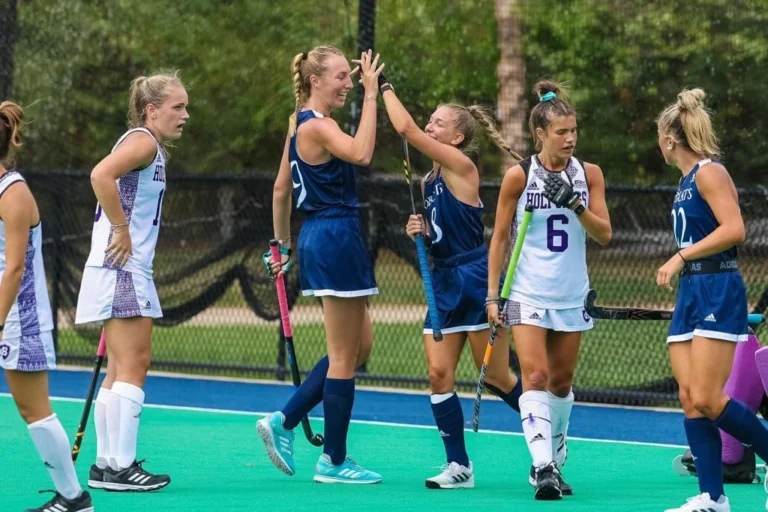
Q: What are the biggest differences between German and college field hockey in the US?
Stella: The season is a lot shorter in the U.S., with games only being played in the autumn from August to November. You have games on Friday and Sunday, and usually, you have longer travel to games than in Germany. Sometimes we needed to fly to games. Another difference is that college hockey is treated more professionally, with better athletic facilities, video referral, and the national anthem before every game. We also play overtime in the U.S., which means when the game is tied after regular time, you play 7v7 for two 10-minute periods. But once a team scores, the game is over. Also, all coaches are full-time coaches who just focus on being a university coach.
Q: What was your favourite memory from last season?
Stella: My favourite memory from last season was the win against Providence at Providence, 2:1 (BIG EAST Game). Coach Maddie and my teammate Sophia Pompeo were former players at Providence, and the win meant a lot to them.
Q: Do you have any tips on how to prepare for university life and university sports?
Stella: The best preparation for university life and athletics is to find a good balance between academic and athletic commitments. Careful planning and time management are crucial, as is taking advantage of the support services offered by the university, such as tutors or counselling centres. And just make the most of your time by trying out all the opportunities given to you.
Q: Would you recommend other athletes study and play in the USA?
Stella: Absolutely, I would recommend other athletes study and play in the U.S. The combination of high-level athletics and quality education is unmatched. The experience not only enhances your skills on the field but also provides valuable life lessons and opportunities for personal growth.
Q: In December 2023, you went back home to Germany to continue your hockey career playing for a club team in the 2. Bundesliga. How has the transition been for you?
Stella: The transition has been both challenging and rewarding. Completing my master’s degree online while returning to Germany allowed me to stay connected with my academic goals. Joining my former club team in the 2. Bundesliga has been a good experience, providing a sense of familiarity and a chance to continue growing as an athlete.
Q: What are your plans for the future (athletics and career)?
Stella: My plans involve continuing to advance my hockey career while also pursuing opportunities in my academic field. I aim to achieve a balance where I can perform well both on the field and in my professional career. I am moving to Hamburg in the autumn to play for a club in the 1. Bundesliga, and I will have my first full-time job. I am excited about this new chapter.
At Keystone Sports, we help athletes get sports scholarships in the USA so they can combine their sport with their education. Complete the free assessment and take the first step into your university field hockey career.
Share this article:

About the author
Paulina Romo
Paulina Romo, SEO Manager at Keystone Sports, holds a Master’s degree in Business Administration and has a background in equestrian sports, specializing in dressage. Shaped by international experience gained from work and studies in Sweden, South Korea, Germany, and Spain, Paulina brings a diverse blend of marketing skills and perspectives to her role.
More related articles
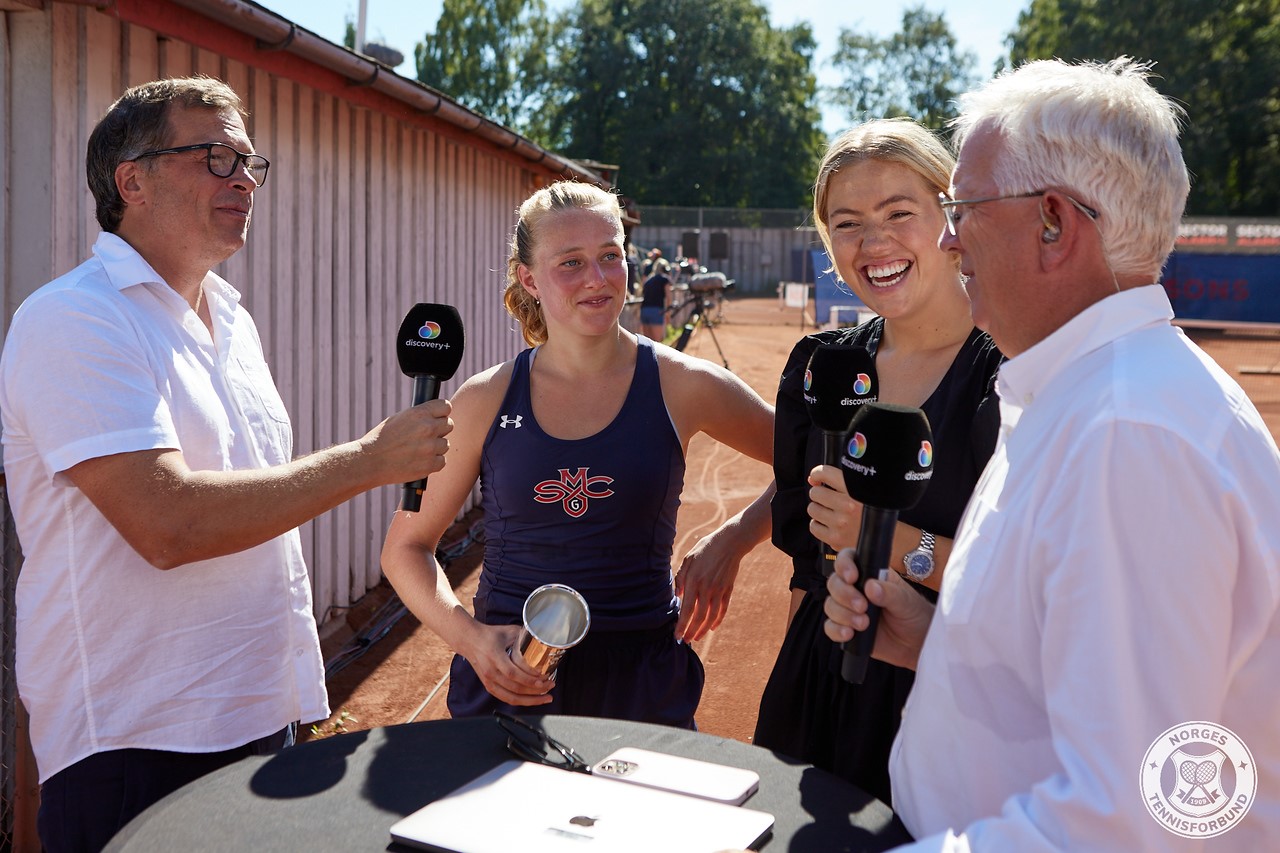
Bolkesjø Hovda national tennis championship winner
Lene Mary Bolkesjø Hovda, currently a student-athlete on a tennis scholarship, is the new champion of the Norwegian Tennis Championship!
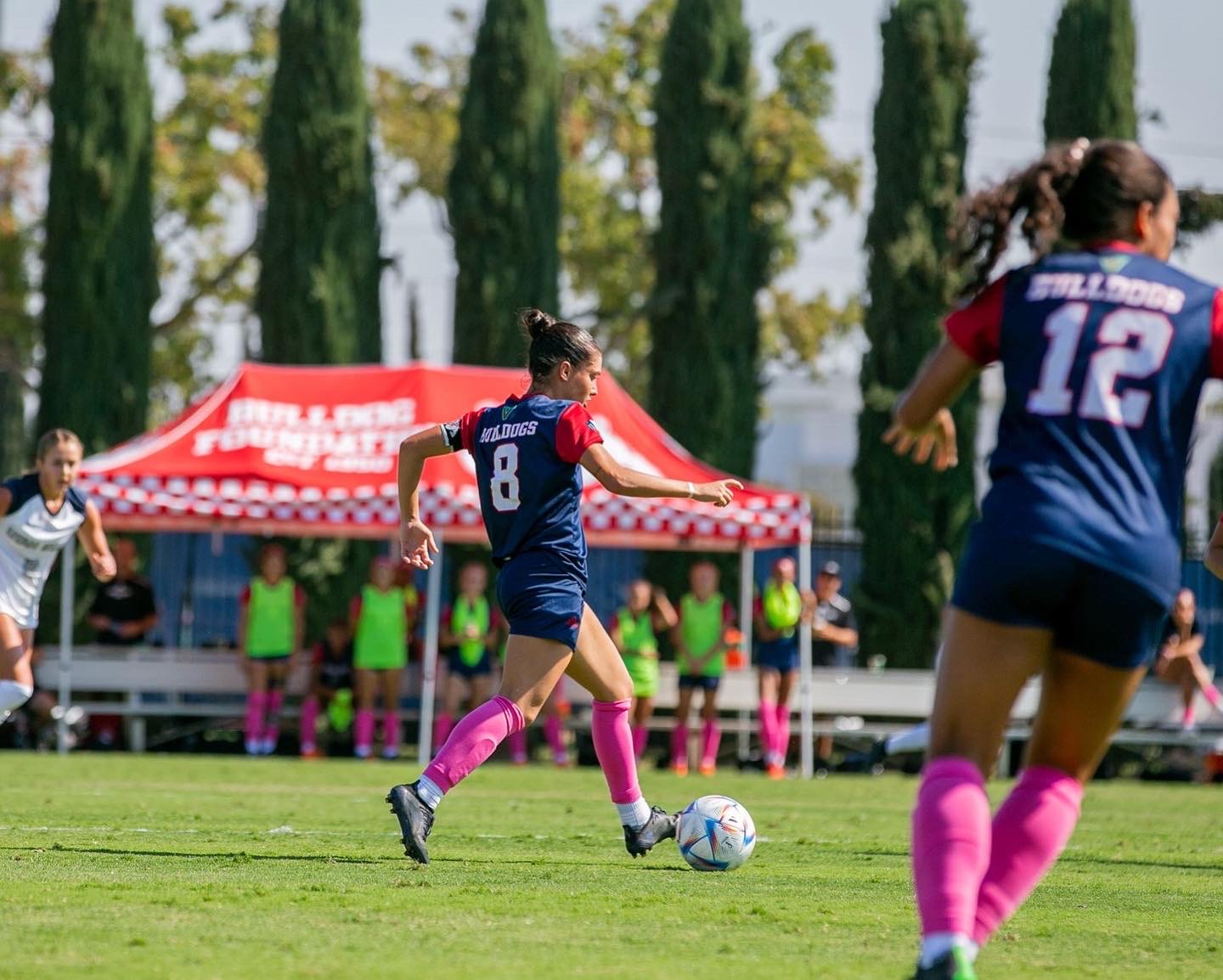
My Experience In Women’s College Football In The United States
Discover how women’s football scholarships in the United States offer unique resources, opportunities, and support. Student-athlete Lorena Montañés shares her firsthand experience and compares women’s football in the US and Europe.
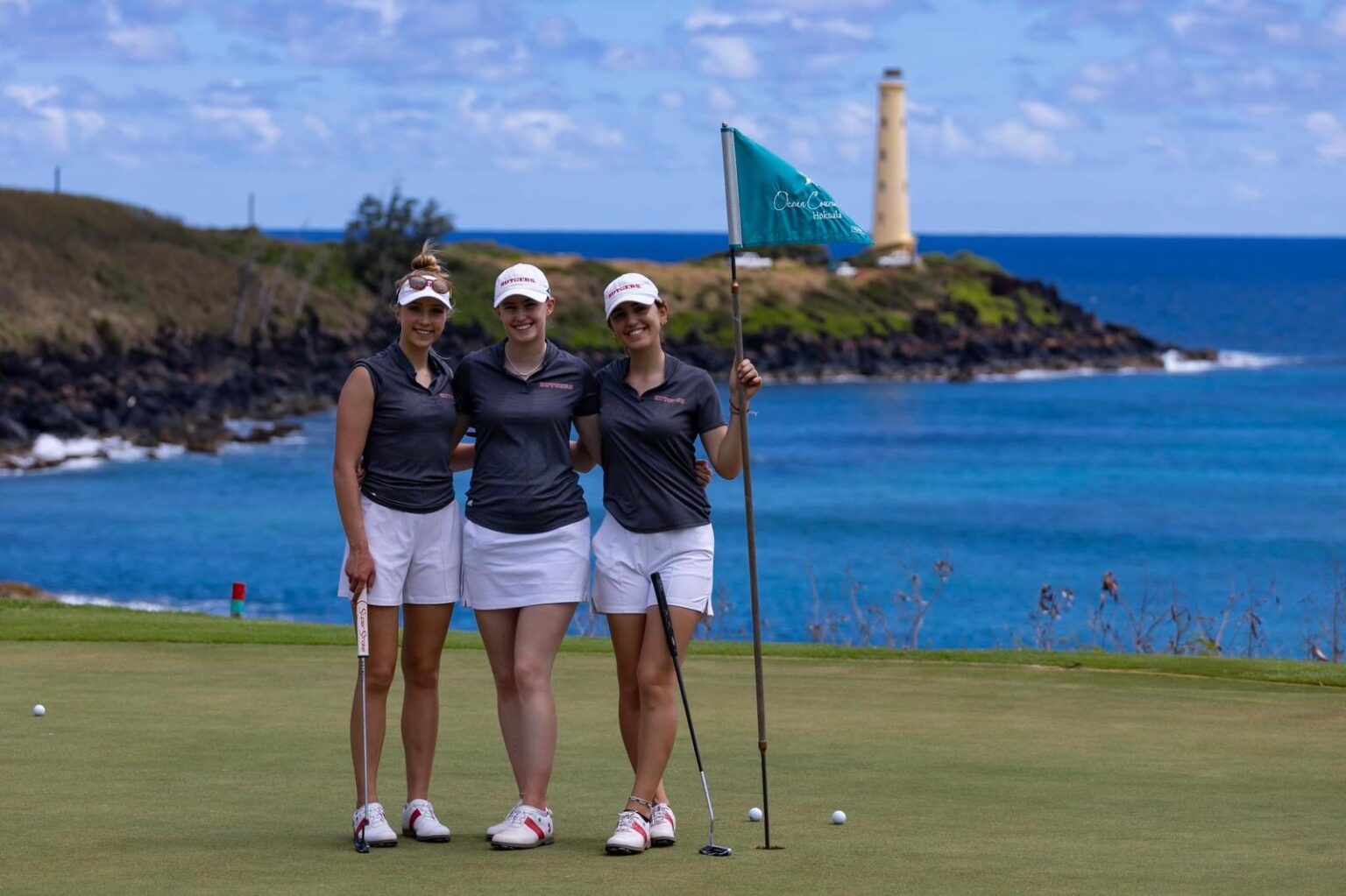
College Golf Spring Break: From Kiawah Island to Hawaii
Women’s golf is one of the most popular sports at universities in the US. But what is it like to be a college golf student-athlete? You get to travel and compete in incredible locations – like Kiawah Island and Hawaii!


